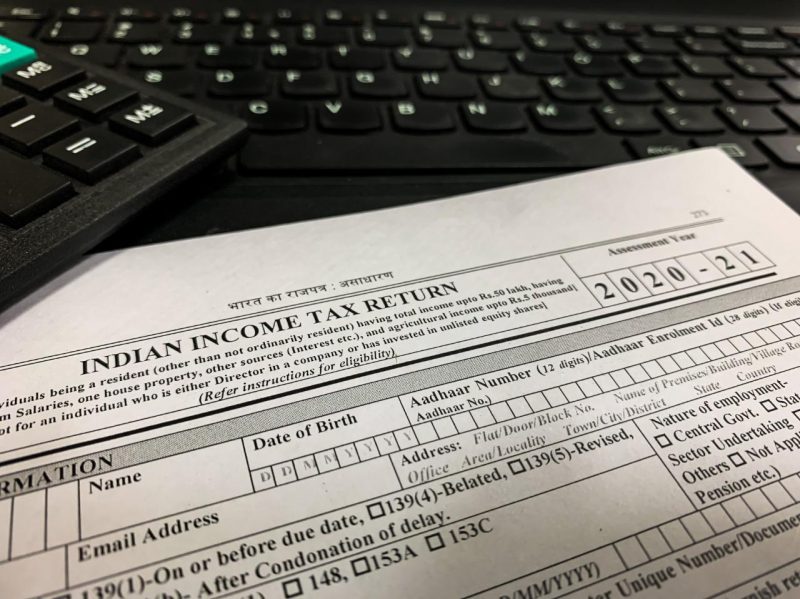
FY21 Income Tax Return Deadline Extends Till September 30: Govt Says
On Thursday, the Indian government announced to extend the deadline for filing income tax returns for the fiscal year 2021 till September 30. The Central Board of Direct Taxes also prolonged the income tax return filing deadline for companies till November 30.

The CBDT says in a circular that the extension of filing ITR is given for particular tax compliances in order to provide relief to taxpayers because of the severe pandemic. Along with this, the deadline for issuing Form 16 by employers to employees till July 15, 2021. The due date for the transfer pricing certificate and filing the tax audit report has been extended by November 30 and October 31, respectively. The revised due date for income return is now January 31, 2022.
Also Read: From Now If You Don’t Serve The Notice Period, TDS Will Be Deducted Along With Salary
Nangia & Co LLP Partner Shailesh Kumar said “The extension of due dates is likely to provide some relief to taxpayers on the tax compliance front. However, for taxpayers, whose entire income tax liability is not discharged by TDS and advance tax and such shortfall is more than Rs 1 lakhs, they should endeavor to file their ITR within the respective original due date to avoid the charge of interest u/s 234A, which is charged on filing ITR beyond the original due date at the rate of 1 percent per month for every month/ part thereof after the original due date of filing ITR.“
Under the new income tax return slabs, an individual’s annual income up to Rs 2.5 lakh is exempted from tax. Individuals having to earn between Rs 2.5 lakh and Rs 5 lakh will pay 5 percent tax. People with income between Rs 5 and 7.5 lakh will be taxed at 10 percent, while those between Rs 7.5 and 10 lakh at 15 percent. Similarly, earning between Rs 10 and 12.5 lakh will pay 20 percent tax, while those between Rs 12.5 and Rs 15 lakh will pay at the rate of 25 percent.



